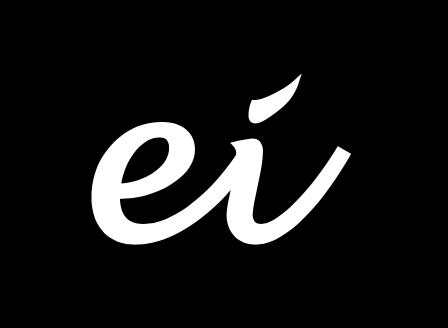Rest assured..
One of the key challenges in engineering management is navigating the assurance process. Assurance is the process of verifying that engineering projects are delivered to the required standards, to an agreed set of safety and project requirements, within budget and on time.
It involves the identification and management of hazards, risks, assumptions, requirements, the monitoring of project progress, and the management of stakeholders.
To ensure the success of the project and to manage the assurance process, it is essential to use expert engineers, facilitators and managers.
Our team at ei have the knowledge, skills, and experience to lead engineering projects and ensure that they are delivered to the highest standards, ensuring compliance with all relevant legislation, project requirements and safety requirements.
ei has developed a bespoke self assurance model supported by a comprehensive, industry leading competency assessment matrix. Each of our team are required to go through our 'Authority to work' process prior to entering into a project position. This demonstrates to our clients and auditors that ei provide competent resources and supports our teams continuing professional development.
Key Engineering Assurance experience
‘’Engineering Management for Projects” (CSM, Appointments, Variations, Design Approval, TQs)
“Project Acceleration in a Controlled Environment (PACE)”
‘’DLR CAP’’ Change acceptance panel
‘’Safety Verification’’
“Integrated Engineering Lifecycle for Projects (IELCP)”
“Network Rail Assurance Panel Process”
“Delivering Work within Possessions”
“Arrangements for the exchange of asset data and the continuing maintenance of assets undergoing change”
“Entry into Operational Service”
“Record Management of Health and Safety Files”
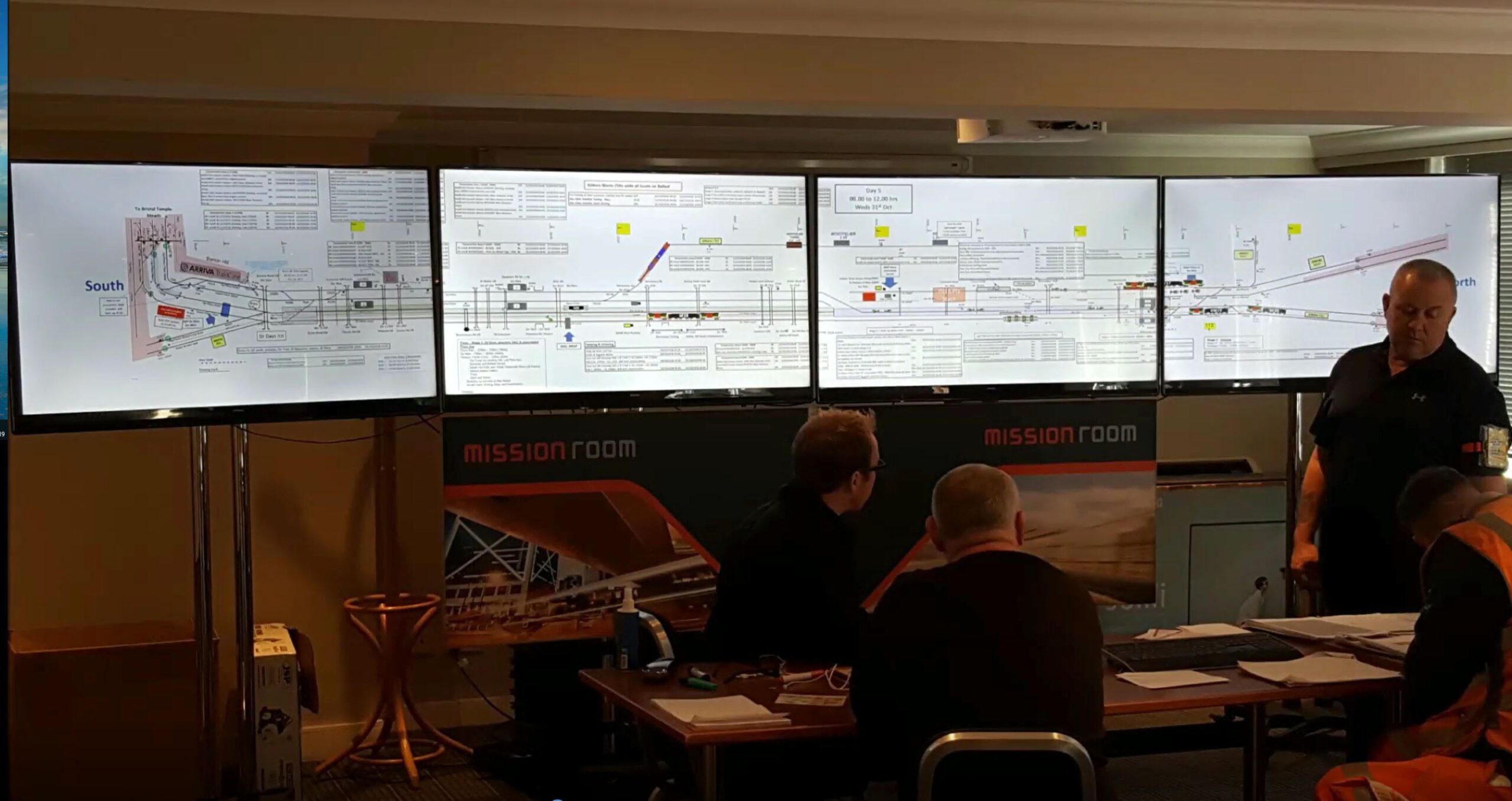
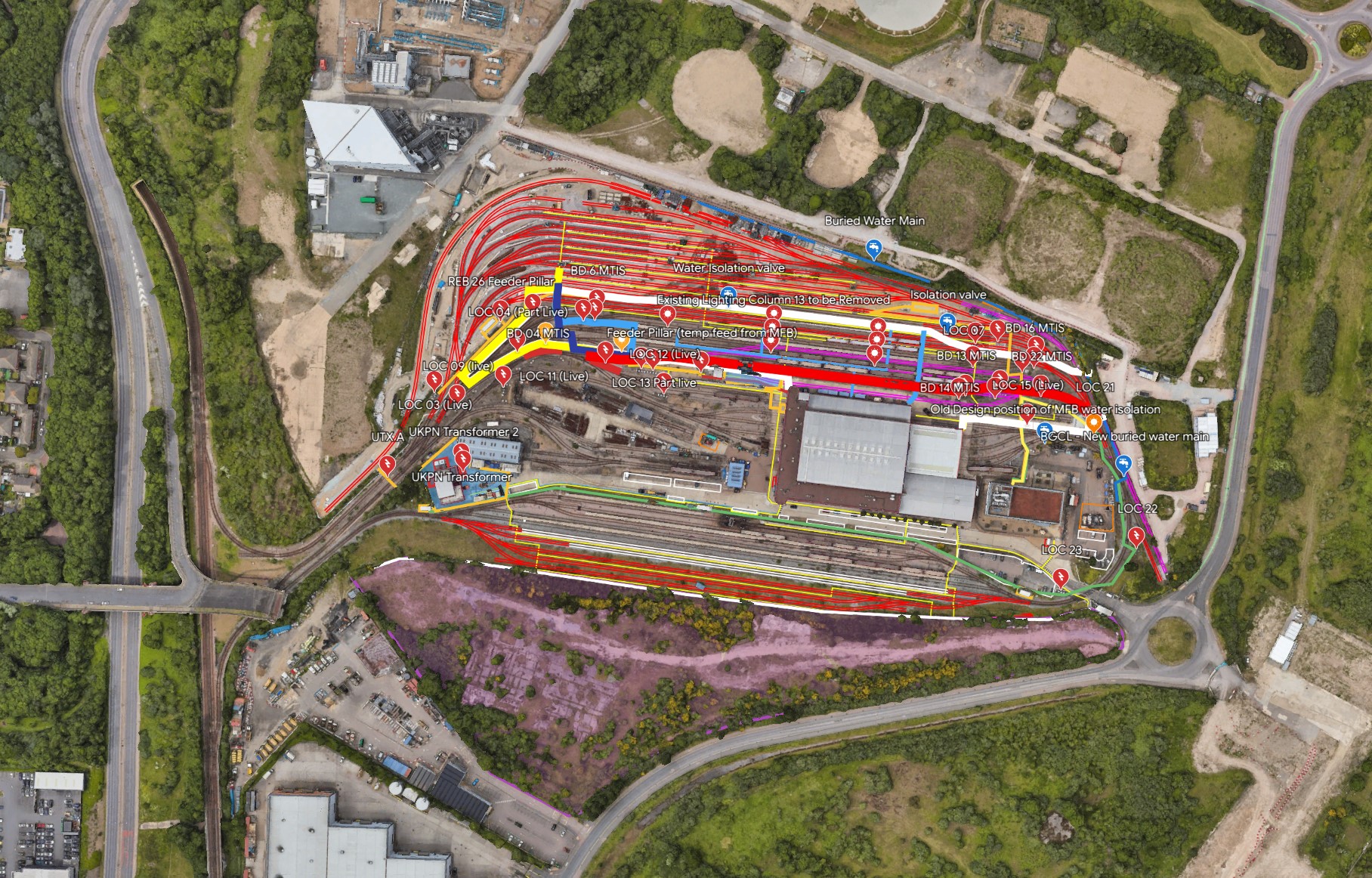
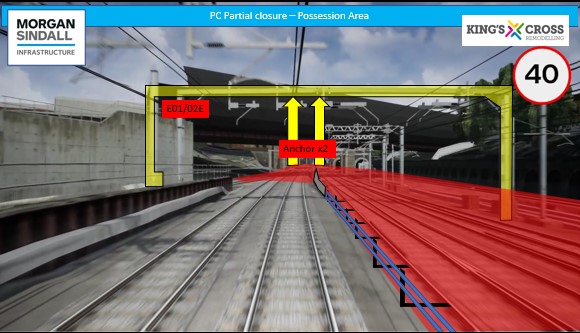
Why ei?
Engineering management is critical to the success of all projects, the assurance processes are a crucial part of this. By nominating expert, competency assessed engineers, facilitators and managers, ei work closely with their clients to ensure that their engineering projects are delivered to the required standards, to the specific requirements, within budget and on time. This assurance-led approach ensures the quality of engineering handover between parties is clear and concise and provides clear definition and direction for the client.
Some of Our Clients

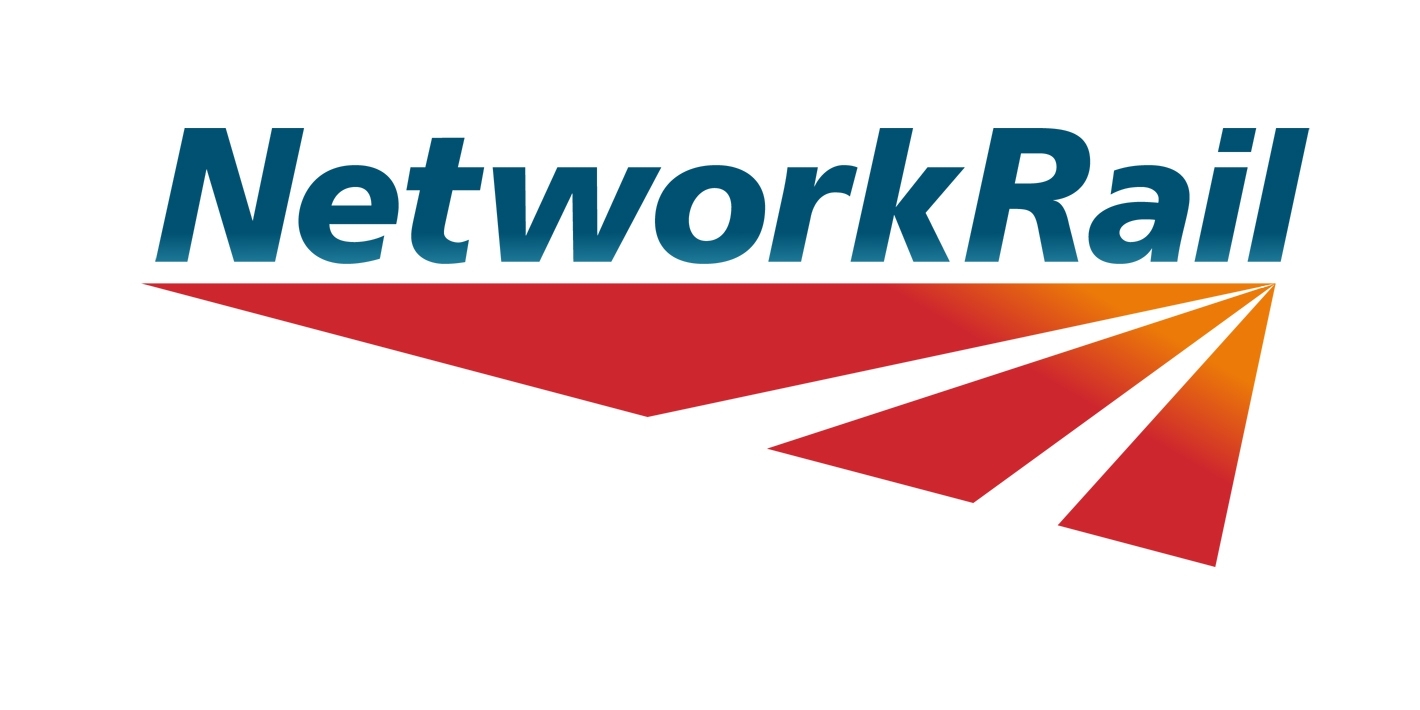
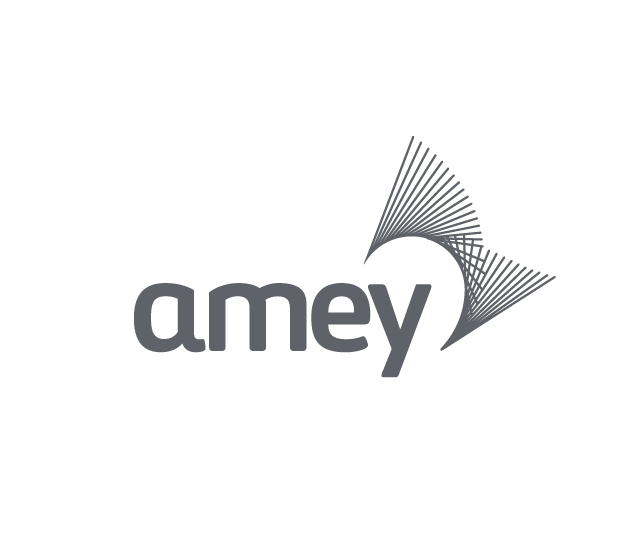

Find out what we can do for you
Our Services
Engineering management is critical to ensure the safe and efficient operation of their assets and networks.
ei work closely with our clients to ensure that their engineering projects are delivered to the required standards, to the specific requirements, within budget and on time.
ei has developed a self assurance model supported by our bespoke competency assessment matrix. This ensures that ei can provide a formal authority to work for all members of our team.
We provide multidisciplinary engineering management expertise to rail, transportation, and infrastructure projects. Involving the latest in systems engineering thinking, tools and best practice, and apply it practically and pragmatically alongside our design and construction experience.
We successfully define and integrate the technical, contractual, programme, stakeholder and construction interfaces to ensure our projects deliver quality output, to budget and on time.
Innovation & Development
The rail industry is constantly evolving, and innovation, efficiency and development are essential to its continued success.
One of the key areas of innovation in recent years has been the use of 4D visualization and planning techniques.
4D visualization allows project teams to visualize the project and its progress over time, without having to undertake site walkouts, improving communication and collaboration between stakeholders.
